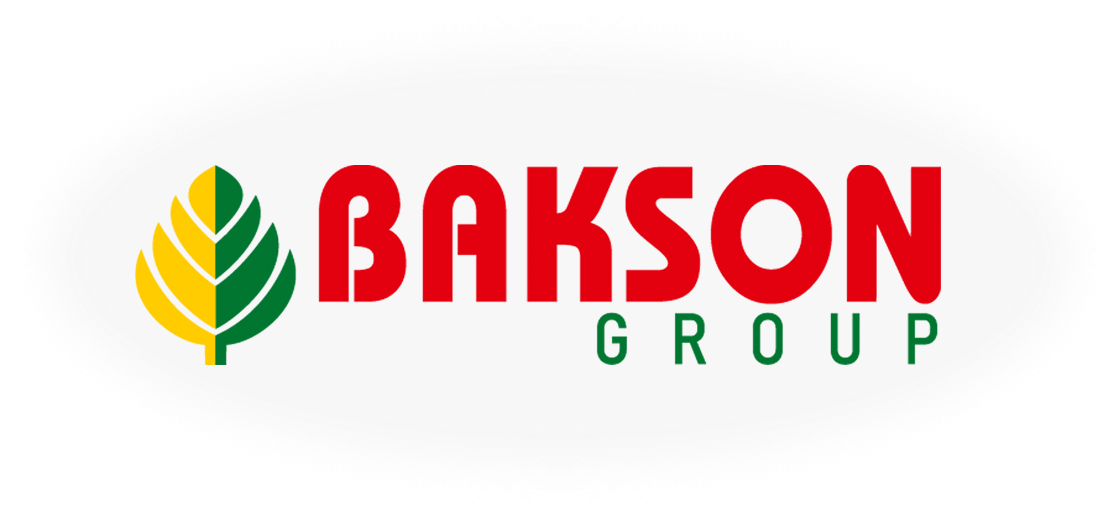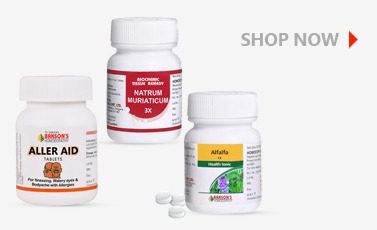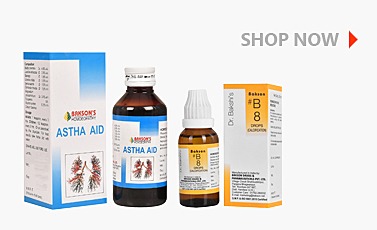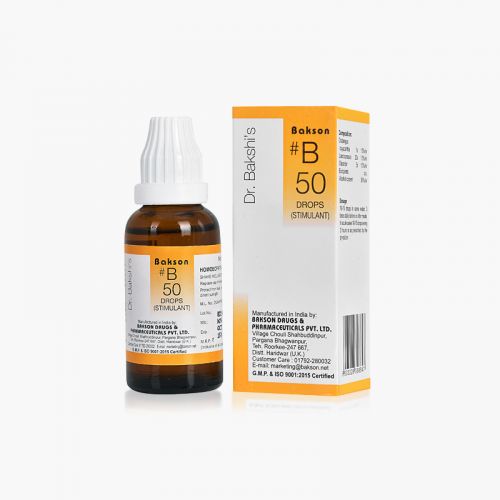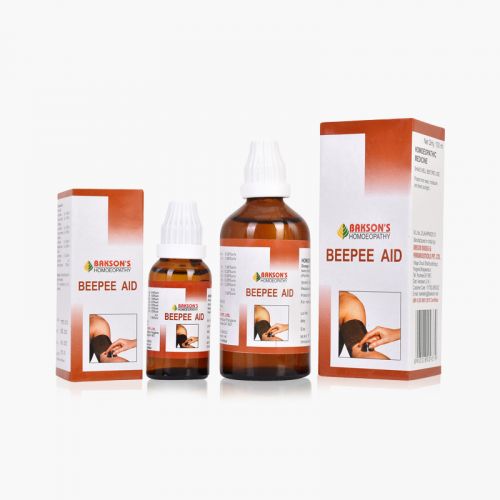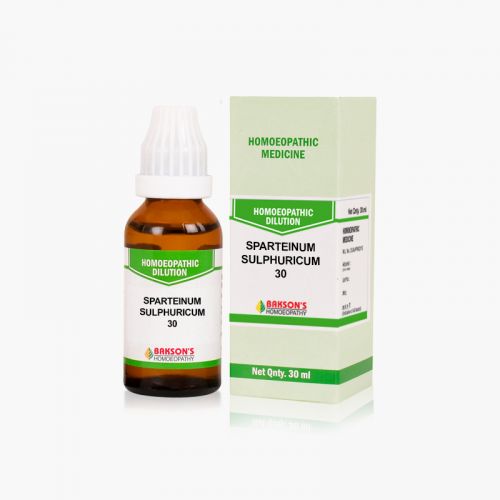We use cookies to make your experience better. To comply with the new e-Privacy directive, we need to ask for your consent to set the cookies. Learn more.
What is Hypotension?
Hypotension is classified based on the biometric parameters of the blood pressure measurement. It may be absolute with changes in systolic blood pressure to less than 90 mm Hg or mean arterial pressure of less than 65 mm Hg. It is a relatively benign condition. Hypotension may be relative to a decrease in diastolic pressure to less than 40 mm Hg. It may be orthostatic with a decrease in systolic pressure or 20 mm Hg or greater or a decrease in diastolic pressure of 10 mm Hg or greater on positional change from lying to standing.
Blood pressure is regulated by the autonomic nervous system and it is balanced between the interplay of sympathetic and parasympathetic nervous systems. While the sympathetic system increases the blood pressure by constriction of arterioles and increasing the heart rate, the parasympathetic lowers the blood pressure by relaxing the arterioles.
The prevalence depends on the underlying condition. Elderly patients are more prone to non-traumatic, symptomatic hypotensive episodes. Also, more physically active and healthy patients will have lesser resting asymptomatic blood pressures.
Causes
Blood pressure is modulated via two mechanisms in the body. One of them is the cardiac output and the other is total peripheral vascular resistance. Any kind of pathology in these two mechanisms will induce hypotension. Disease states that reducing stroke volume or heart rate will decrease the total cardiac output of the heart, functionally decreasing the ability to generate blood pressure. Acute disease processes are life threatening and may be classified as-
- Distributive shock: It occurs as a failure of the ability to maintain total peripheral resistance with maintained cardiac function attempting to compensate. It is associated with allergic reactions and septic shock.
- Cardiogenic shock: It occurs as a result of failure to achieve sufficient cardiac output with maintained total peripheral resistance.
- Hypovolemic shock: It's the loss of total blood volume such that blood pressure is not maintained. It occurs in cases of trauma with massive blood loss or overuse of diuretics.
- Obstructive shock: occurs with the obstruction, constriction, or compression of the cardiovascular system such that blood flow does not efficiently occur or there is a decrease in stroke volume of the heart. It may occur secondary to pulmonary embolism, tension pneumothorax, cardiac tamponade, constrictive pericarditis, or some other restrictive cardiomyopathy.
- Hypotensive shock: The shock can happen via any of the above-mentioned mechanisms.
Sign and symptoms
The most common presenting symptom is lightheadedness or dizziness. In extremely low pressure, syncope can occur. Other symptoms which are seen due to underlying conditions are chest pain, shortness of breath, irregular heartbeat, fever higher than 101 degrees Fahrenheit, headache, stiff neck, severe upper back pain, cough with sputum, diarrhea, vomiting, dysuria, acute allergic reactions, fatigue, or vision aberrations.
Diagnosis
The investigation depends on the underlying cause and basic laboratory assessment includes complete blood count (CBC) with differential, thyroid-stimulating hormone (TSH), free t4, cortisol levels. Electrocardiogram, echocardiogram, and chest X-ray may assist in the workup.
General management
Asymptomatic hypotension should not receive drastic interventions. Fluid resuscitation must be considered in case of severe hypotension. Necessary pharmacological intervention may be initiated.
Disclaimer: The information provided herein on request, is not to be taken as a replacement for medical advice or diagnosis or treatment of any medical condition. DO NOT SELF MEDICATE. PLEASE CONSULT YOUR PHYSICIAN FOR PROPER DIAGNOSIS AND PRESCRIPTION.
- #B 50 DROPSSpecial Price ₹ 160.00 Regular Price ₹ 200.00
-
- RAUVOLFIA SERPENTINASpecial Price ₹ 88.00 Regular Price ₹ 110.00
- SPARTEINUM SULPHURICUM 30₹ 100.00
